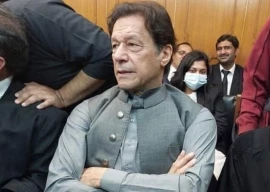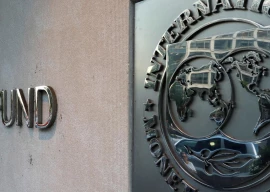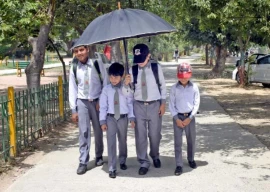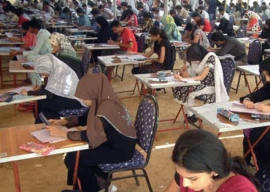
“The real employer of the future will be public. This should be kept uppermost in mind by every person seeking to market personal services effectively”, writes Napoleon Hill in Think and Grow Rich.
There is no room for grudge, malice and vendetta in the endeavours meant to nurture human resource.
A constructive interaction between teachers and parents ensures a healthy learning ecosystem for students. To facilitate this interaction, schools hold regular parents-teachers meetings (PTMs). However, lack of professionalism in teachers may make these PTMs counter-productive, particularly when parents are educated enough to point out lacunae in the pedagogy of the institute.
Given the low levels of professional education of teachers at mushroomed private institutions, when parents spotlight bullyism, poor checking of homework, or learning chasm between the dictated notes and students’ calibre, the teachers counterintuitively presume the plaint an attack on their ego.
If parents report such lapses to the head of the institute, the teachers after cranking out hasty assurances to mend their ways dart at shrinking the space around the student whose parents blow the whistle. The teachers’ audacity and glacial attitude towards these students insinuate in parents the who-will-bell-the-cat demotivation against their children’s educational problems.
The teachers’ rancorous reaction disturbs the students particularly of early classes the most because they are unable to express it into words to anyone. To salve one’s piqued ego by avenging on others is utterly sadistic, unprofessional, and unethical. When the child of the concerned parents makes some “mischief”, the “hurt” teacher ambushing the opportunity takes the parents to task for the mischief, and a snub is foisted on them that next they do participate in the PTMs, but just as dummies.
Not all parents are educated enough that they could provide emotional and educational succour to their children. When sanity prevails, schools honour and welcome the educated parents who give feedback to teachers that the latter could adjust their pedagogy accordingly for the educational betterment of students.
Feedback offers self-accountability and triggers metacognition: the two moral guardians of the teaching profession. If we forget what makes our human work valuable, we might forget what makes our human lives valuable too.
A teacher must come down to the educational and mental calibre of a student to administer learning effectively, but to stoop so miserably low to torment the student to settle scores does not behove the profession of teaching. Such teachers intimidate the student so much that he fears divulging his difficulties even to his parents. If teaching is one’s calling, such an unprofessionalism stands in a stark contrast to his or her dedication to offer service to the needed altruistically.
Teachers forget that a classroom is the society or world in microcosm. One of the most common nightmares involves classroom anxiety induced, in most cases, by teachers’ vengeance-tinged manoeuvrings. It all converts the human capital of a nation into vectors of hate and violence.
The PTMs patented by the private educational institutions are meant to play a constructive role in shaping a child’s future. The parents’ feedback must be acknowledged as opportunities to enhance one’s professional acuity. After all, nurturing human talent into a resource is not a solo venture.
If contributions of parents and teachers dovetail into each other, these PTMs work into synergy, providing an assurance to young minds at their malleable stage that they have access to reliable support in their struggle to understand the changes in their visceral and cerebral growth. If handled inefficiently, the PTMs turn the efforts and resources of parents and teachers into dysergy.
“The ‘public-be-damned’ policy is now passe. It has been supplanted by the ‘we-are-obligingly-at-your-service, sir’ policy.” — ibid.
Published in The Express Tribune, May 6th, 2024.
Like Opinion & Editorial on Facebook, follow @ETOpEd on Twitter to receive all updates on all our daily pieces.































COMMENTS
Comments are moderated and generally will be posted if they are on-topic and not abusive.
For more information, please see our Comments FAQ